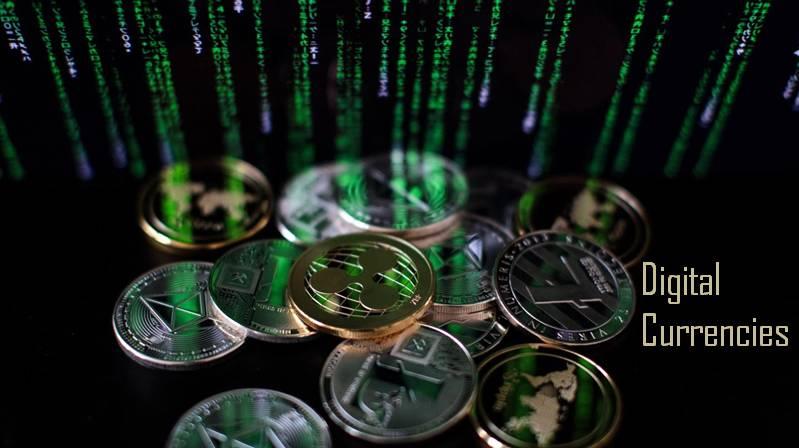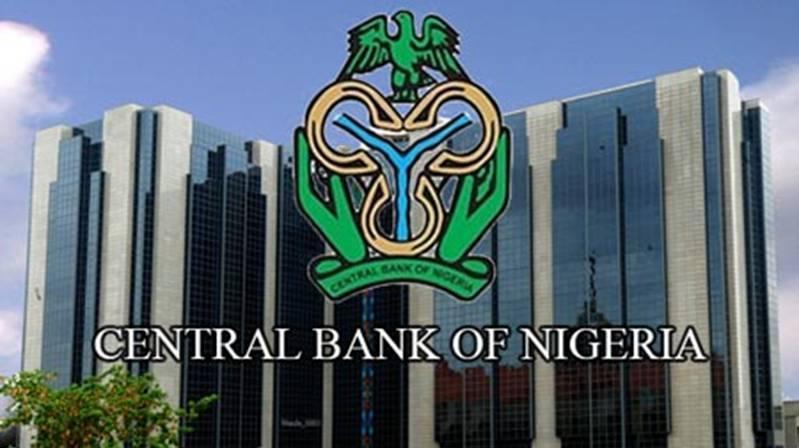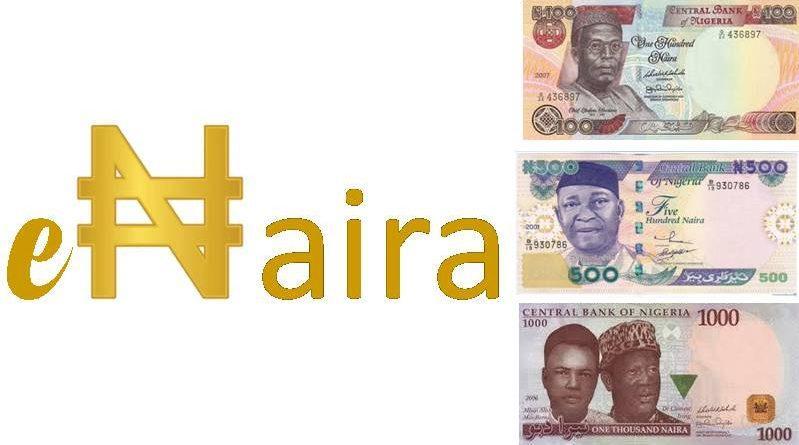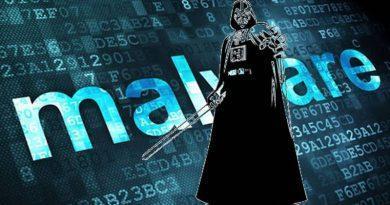Central Bank of Nigeria is launching a digital currency on October 1
The Central Bank of Nigeria has told economic watchers that it will be launching a digital currency for Nigeria come October 1 this year. This was disclosed by Rakiya Mohammed, CBN director of information technology, during a webinar. She explained that the apex bank had been conducting research since 2017 in regards to developing a digital currency. And that the CBN may conduct a proof of concept before the end of this year.
The move to introduce a digital currency was first disclosed by the CBN Governor, Mr. Godwin Emefiele, during the Monetary Policy Committee (MPC) in May. He had said a digital currency will soon become a reality in the country, adding that the central bank had already set up its committee which was working on the concept. He had further restated the determination of the apex bank to drive the e-Naira project during the recent 306th Banker’s Committee meeting, pointing out that the process was ongoing.

According to Rakiya Mohammed, the CBN digital currency project is tagged ‘GIANT’ and it will use the Hyperledger Fabric blockchain which is is an open source project that acts as a foundation for developing blockchain-based products, solutions, and applications using plug-and-play components that are aimed for use within private enterprises.
Rakiya Mohammed further said that digital currency will bring many benefits to the economy which will include macro management and growth, cross border trade facilitation, financial inclusion, monetary policy effectiveness, improved payment efficiency, revenue tax collection, remittance improvement, and targeted social intervention.
She added that the innovation would also benefit the fintech ecosystem by enhancing operational efficiency, opportunities for fintech start-ups in building services and products as well as financial inclusion that will contribute to economic growth, and the creation of a new system complimenting the traditional payment system.
According to her, “We have spent over two years studying this concept of central bank’s digital currency and we have identified the risks. And it is one of the reasons why I said we are setting up a central governance structure that would involve all industry stakeholders to access all the risks as we continue on this journey. Very soon we would make an announcement on the date for the launch and by the end of the year, we should have the digital currency. You are aware that we have two forms of fiat money: The notes and the coins. So, the central bank’s digital currency is the third form of fiat money. So, this digital money is going to complement the cash and note that we have. The central bank digital currency will just be as good as you having cash in your pocket. So, if you are having the currency in your pocket, you are as good as having cash on your phone.

“Now, why did we need to go into this? There are different cases that the central bank is looking at. For instance, we have remittances, which is a huge market in Africa. We also know that in the last EFInA report, our target for this year was to achieve 80 per cent financial inclusion. We are about 60 per cent and at the rate we are going, it is unlikely we would meet this target. But the central bank digital currency would accelerate this target.” She added, noting that the central bank has a “very clear roadmap on this and we are about to move to the next stage of a proof of consent after which we would start a pilot.”
If the pilot scheme is eventually launched, Nigeria will join other countries across the globe and Africa racing to develop it’s CBDC.
Some of these countries include South Africa (digital Rand), Tunisia (eDinar), Ghana (e-cedi), Sweden, Japan, South Korea, and Russia, China (digital yuan), Bahamas (sand dollar), Eastern Caribbean (DCash) are among the few countries that have officially launched their own national digital currency.




